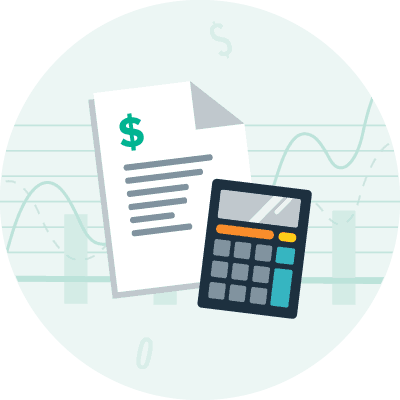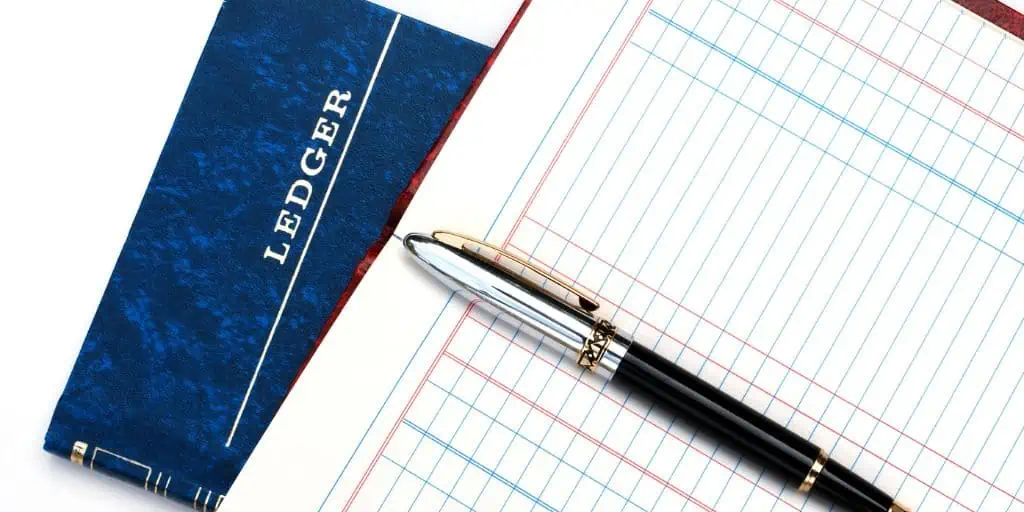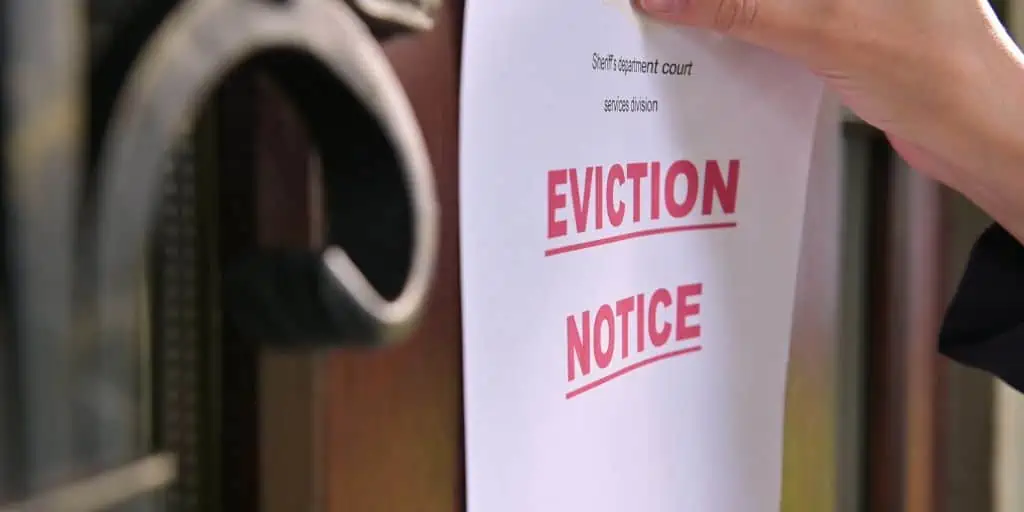What Is a Lease Ledger?
What Does a Lease Ledger Contain?
The lease ledger, rental ledger, or rent ledger is a document that contains the complete payment history of each tenant and all their transactions with the landlord throughout the rental agreement[1].
Generally, a lease ledger will include the following information[2]:
- Tenant’s name.
- Property address.
- Rent amount.
- Payment dates and amount paid.
- The date the rent payment was recorded.
- The date when a receipt for the payment was given by the landlord to the tenant.
- The receipt number.
- The date range covered by the rent payment.
- What the payment is for, whether for rent, water usage, electricity, etc.
- Payment type (such as by cash, check, or online settlement).
- Other unpaid dues.
How detailed a rent ledger is will depend on the landlord or the property manager. Tenants can also make their own lease ledgers to stay on track with payments.
Many landlords use a rent ledger template to note any late payments, issues with the amount paid, and other problems related to the rental agreement. They also use the lease ledger to document rental property expenses like mortgage payments, tax payments, property improvements, property assessments, repair costs, homeowner’s association fees, and miscellaneous property expenses[3].
How a Lease Ledger Benefits Tenants
A lease ledger benefits tenants by letting them track their rental payments. For example, if there is a problem with rental payments, the tenant can show their updated records to the landlord to compare and resolve the error.
Among other things, tenants can use an updated lease ledger for the following:
- Challenging eviction. Tenants facing eviction may use the lease ledger to prove that they have paid rent, including the security deposit and anything paid for the upkeep and maintenance of the property[4].
- Applying for rent elsewhere. A lease ledger can be useful for future rental property applications. With a rental ledger, the tenant can present a good rental payment record to another prospective landlord.
- Enhancing credit record. A rent ledger can also boost a tenant’s chances of getting a credit application or loan approved. The document can show a tenant’s ability to pay monthly rent and pay on time. The tenant’s good payment record may help convince lenders that they are a responsible borrower and an excellent tenant.
- Claiming tax deductions. For tenants renting a property for business purposes, records and receipts of the monthly rent amount are sometimes necessary to claim tax deductions or benefits.
How a Lease Ledger Benefits Landlords
Lease ledgers primarily benefit landlords because they can keep track of rental payments, which means they can have a better idea of property income and expenses.
Among other things, a payment ledger can benefit landlords by:
- Easier eviction process. An accurate and up-to-date lease ledger simplifies the eviction process by proving that a tenant has failed to pay rent, thus breaching the lease agreement. The lease ledger should show the tenant’s history of missed or late payments.
- Record of repairs and maintenance. A lease ledger can also show that the property owner has made the necessary repairs to the rental property. This is useful when a tenant takes a landlord to court and claims that they were withholding rent because the landlord did not make any repairs. A landlord can prove they have maintained the property as far as they were able by showing records of when the repairs were made and how much was spent on them[5].
- Tracks deposits and other payments. Landlords also use lease ledgers to keep track of non-rent payments, such as security deposits. The lease ledger contains details about the security deposit and how much the tenant is due to receive once the rental agreement ends.
- Provides insight on rental property performance. Lease ledgers help property owners gain insights into the rental property’s finances and make accurate tax filings. A detailed rent ledger answers questions about how much the rental property is earning each month and how much is spent on repairs, taxes, and fees. The document also helps landlords determine who is behind on their rent and find out the inconsistencies between actual rent collected and expected rent[6].
Landlords can use the data and numbers from a rent ledger to improve the rental process, identify patterns and trends with tenants paying rent, evaluate expenses, and boost efficiency and cash flow. When a landlord decides to sell a rental property, the lease ledger can help the landlord justify a selling price by showing an attractive cash flow and rental income potential.
How to Create a Lease Ledger
Landlords create lease ledgers and use them as a form of bookkeeping to organize their finances and maintain and update rent payment information. Those who own one or two properties may choose to keep hard copies for their reference. Some may also use one ledger for multiple properties, while others prefer to use a different ledger per property.
Property managers may also use online forms and sheets and rental management software to automate transactions and stay organized[7]. The software helps landlords save data and generate reports, calculate late fees, and keep track of who owes money. These reports can be customized to include categories like property information, date range, and income and expenses. Landlords use these reports to analyze their property portfolio and performance and how they can improve profitability.
Tenants can ask for copies of the landlord’s lease ledger. All rent ledgers must contain the signatures of both parties for them to be accurate and legitimate.
Takeaways
- The lease ledger or rental ledger is a document that shows all the rent payments and transactions made by the tenant to the landlord.
- A lease ledger helps landlords track revenues and expenses related to a rental agreement and keep records of the complete payment history of each tenant/rental unit.
- Tenants may use a lease ledger to dispute eviction, while a landlord may use one to gain insight into the property’s rental performance.
Sources
- Merill, T. (n.d.) What Is A Rent Ledger? Why Every Landlord Should Have One. Fortune Builders. Retrieved from https://www.fortunebuilders.com/rent-ledger/
- Evans, K. (n.d.) What Is a Lease Ledger? Chron.com. Retrieved from https://smallbusiness.chron.com/lease-ledger-45514.html
- Luxon, B. (2021.) What Is A Rent Ledger And Why Do You Need One? Landlord Studio. Retrieved from https://www.landlordstudio.com/blog/about-rent-ledger/
- iPropertyManagement. (n.d.) Lease Ledgers. Retrieved from https://ipropertymanagement.com/blog/lease-ledgers
- Rohde, J. (2021.) What is a Rent Ledger & Do You Really Need to Maintain One? Roofstock. Retrieved from https://learn.roofstock.com/blog/rent-ledger
- McMahon, M. (2022.) What Is a Rent Ledger? Smart Capital Mind. Retrieved from https://www.smartcapitalmind.com/what-is-a-rent-ledger.htm
- US Legal Forms. (n.d.) How to fill out and sign the tenant ledger online? Retrieved from https://www.uslegalforms.com/form-library/37497-tenant-rental-ledger









